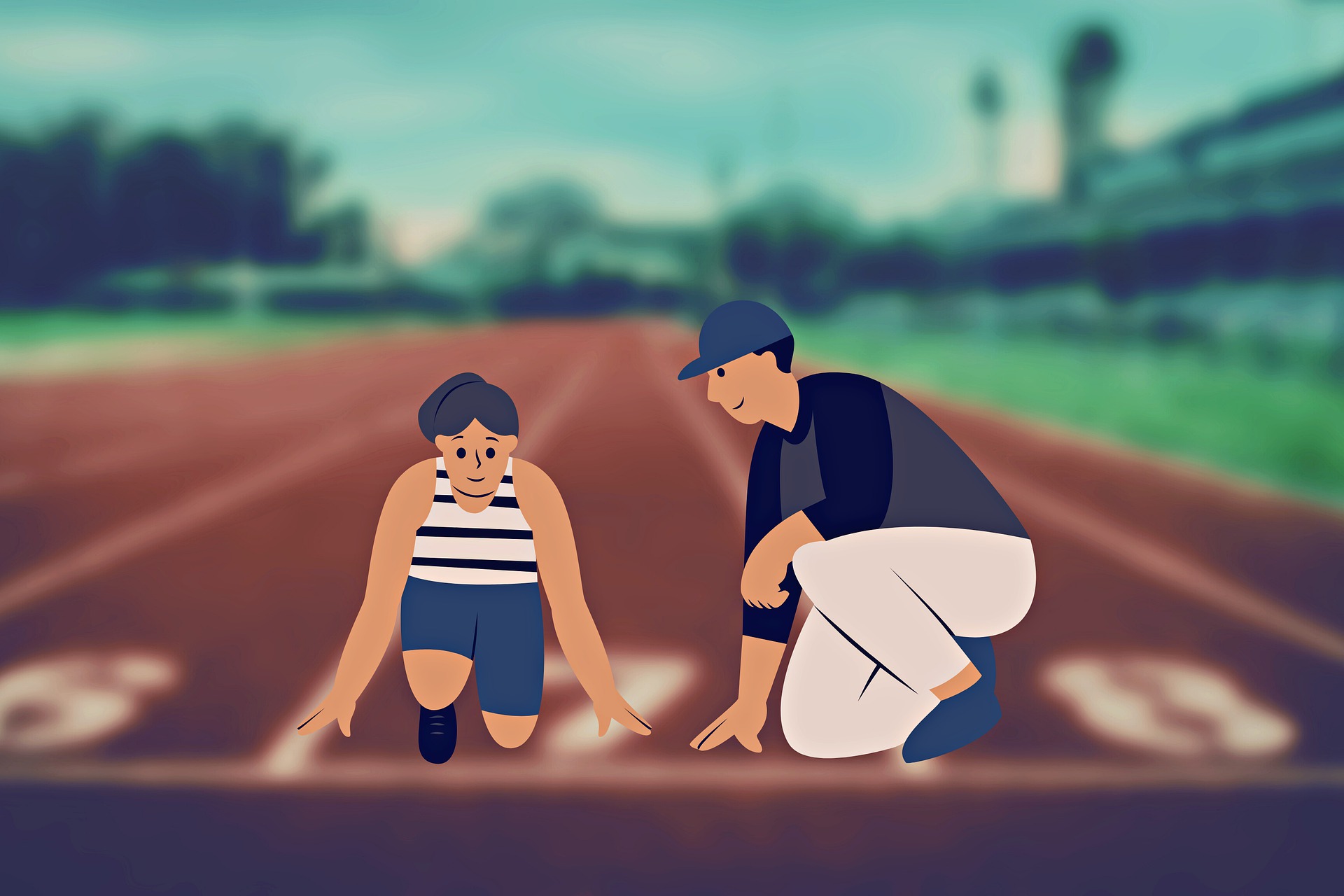Sports and outdoor activities have always been a popular pastime for young people. While it is no secret that sports can be a great way for kids to stay active and healthy, their benefits go much deeper than that. In fact, sports can even play a crucial role in developing leadership skills and promoting overall youth development. This blog post will explore how sports can influence youth development and cultivate important leadership skills in young athletes.
Encourages Teamwork
One of the most significant benefits of sports is that they encourage teamwork. By working together towards a common goal, young athletes learn the importance of communication, trust, and collaboration. They know how to support one another, understand their teammates’ strengths and weaknesses, and work together to overcome obstacles. All of these skills are essential in leadership positions, and sports offer hands-on experience in developing them.
Builds Character
Sports can also help build character in young people. Through hours of training and competition, they learn key traits such as resilience, perseverance, and determination. They learn how to handle success and failure, maintain a positive attitude, and deal with setbacks. By overcoming challenges in sports, young athletes develop increased confidence in their abilities and a strong sense of self-worth.
Teaches Time Management
Juggling schoolwork, extracurricular activities, and social life can be a significant challenge for young people. However, participating in sports can teach valuable time management skills, as athletes learn how to balance their schedules and prioritize responsibilities. From setting aside enough time for training and games to maintaining a healthy balance between their personal and professional lives, young athletes learn how to manage their time effectively.
Promotes Critical Thinking
Sports also help young people develop strong critical thinking skills. Coaches and teammates provide constant feedback and constructive criticism, which allows athletes to examine their play and assess their performance. This feedback also helps them identify areas in which they can improve and encourages them to strive for excellence. By developing this analytical mindset, young athletes learn to think critically about their performance and find ways to improve.
Cultivates Good Sportsmanship
Lastly, sports promote good sportsmanship in young athletes. They learn the value of respect, humility, and fair play. They learn how to win and lose graciously and to recognize the hard work and achievements of their opponents. This humble and respectful demeanour translates well into leadership roles, as it fosters a positive and supportive environment where everyone is valued and respected.
In conclusion, sports can play a significant role in youth development and the cultivation of important leadership skills. Whether it’s learning teamwork, building character, developing time management skills, promoting critical thinking, or cultivating good sportsmanship, sports offer young athletes hands-on experience in developing their skills and becoming strong leaders. So, if your child is interested in sports, encourage them to participate! It may be the key to unlocking their full potential as a leader.

